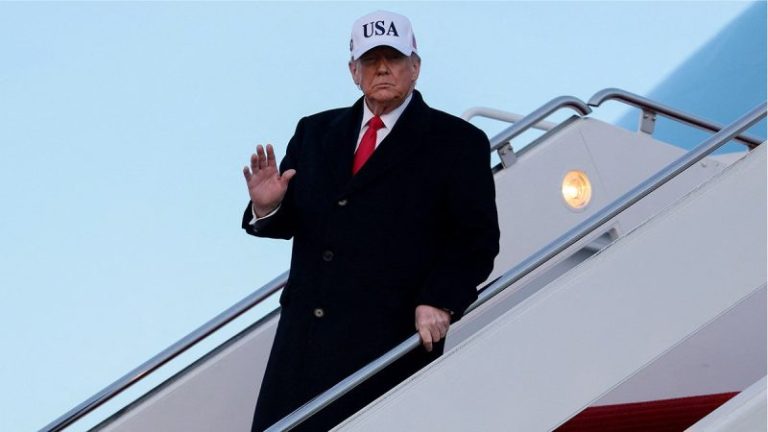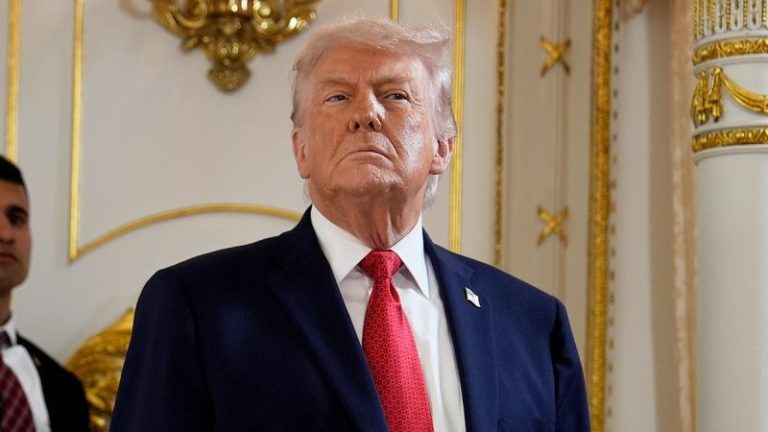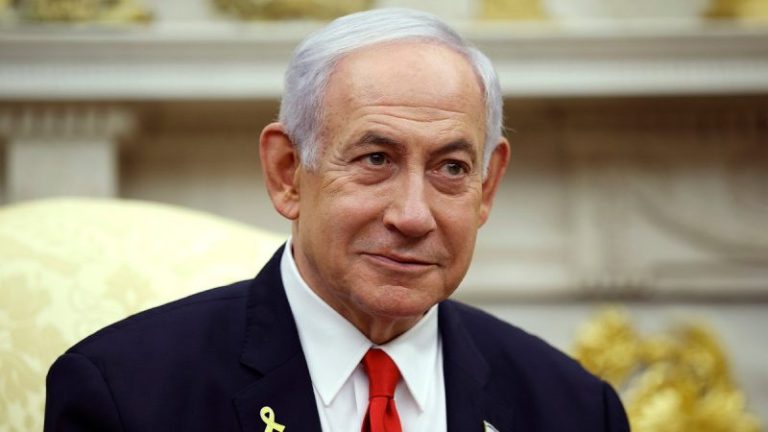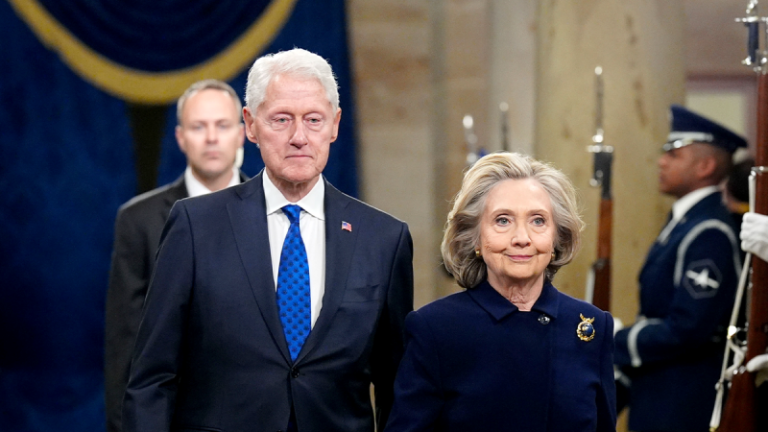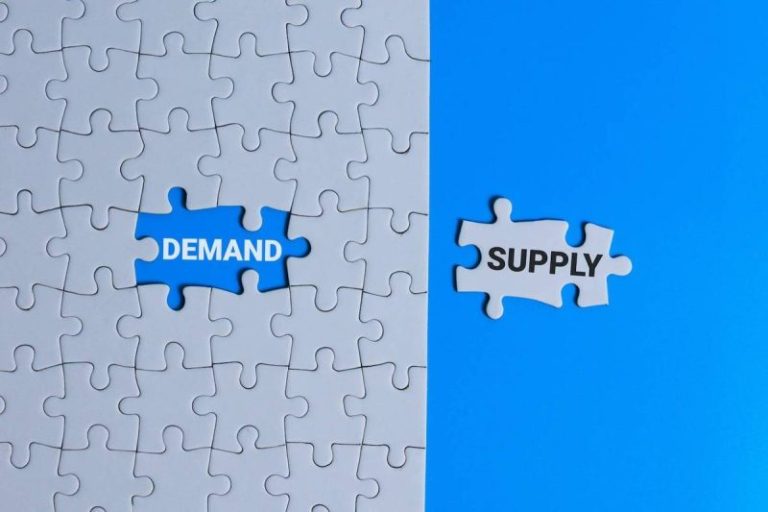Exploration drilling underway and PFS-level technical programs ongoing at the Company’s Saskatchewan gold project
Fortune Bay Corp. (TSXV: FOR,OTC:FTBYF) (FWB: 5QN) (OTCQB: FTBYF) (‘Fortune Bay’ or the ‘Company’) is entering 2026 with a strengthened balance sheet and a clear strategic focus on advancing its Goldfields Gold Project (‘Goldfields’ or the ‘Project’), a gold development asset in Saskatchewan, one of the world’s top-tier mining jurisdictions.
Following a year of significant technical and corporate progress in 2025, the Company is fully funded to execute its planned 2026 program at Goldfields, centered on; 1) project development work, that includes advancing toward a Prefeasibility Study (‘PFS’) in tandem with permitting activities, and 2) exploration drilling targeting additional near-mine ounces that could further strengthen Goldfields’ excellent economics. Exploration drilling has resumed after the holiday break and initial drill results are expected in the first quarter of 2026.
‘Goldfields is very well-positioned for advancement, with excellent PEA economics, a high-confidence mineral resource base, established infrastructure, and the benefit of Saskatchewan’s stable, top-tier jurisdiction.‘ said Dale Verran, CEO of Fortune Bay. ‘The work completed in 2025 strengthened the project’s technical foundation and firmly set the stage for expedited advancement. With funding secured, our priority in 2026 is disciplined execution, advancing development while growing the resource and positioning Goldfields to unlock meaningful value as the gold market continues to strengthen.’
2025: A Year of Demonstrating Project Value and Setting the Stage for Advancement
Throughout 2025, Fortune Bay advanced Goldfields through a series of key milestones aimed at strengthening technical confidence, improving execution readiness, and positioning the project for the next stage of value creation.
Updated Preliminary Economic Assessment: Defining an Expedited Development Path
In September 2025, Fortune Bay completed an independent Updated Preliminary Economic Assessment (‘Updated PEA’) for Goldfields, confirming the project as a robust open-pit development asset supported by a well-defined resource base, existing infrastructure, and Saskatchewan’s stable regulatory environment.
At a base-case gold price of US$2,600/oz, the Updated PEA outlined after-tax economics of C$610 million NPV (5%) and a 44% IRR, with initial capital estimated at C$301 million. At spot gold prices at the time of the study (US$3,650/oz), the after-tax NPV (5%) increased to C$1.25 billion, highlighting the project’s strong sensitivity to gold prices. On average, every US$100 change in the gold price assumption results in an approximate C$61 million change in after-tax NPV.
The Updated PEA positions Goldfields for accelerated advancement toward construction by maintaining throughput below 5,000 tpd, enabling the Project to remain within the provincial permitting framework. This expedited pathway is supported by established infrastructure, a de-risked resource base (with 97% of ounces in the mine plan classified as Indicated), and a valid provincially approved Environmental Impact Statement (‘EIS’) from 2008 for a 5,000 tpd open-pit operation.
To read the full release visit https://fortunebaycorp.com/news/post/fortune-bay-announces-updated-pea-for-goldfields-saskatchewan.
Permitting Work: Advancing Execution Readiness
Alongside the Updated PEA, Fortune Bay advanced environmental baseline studies during 2025, building upon extensive historical datasets and the existing EIS. Both aquatic and terrestrial baseline environmental studies were completed in late 2025, with final reporting and ongoing monitoring continuing into early 2026 and beyond.
In addition, a well-attended community tour of Indigenous communities and municipalities was completed in November 2025 to support early engagement on the development of Goldfields. Productive meetings were also held with Chiefs and Council members from local Indigenous nations to introduce the project and seek initial feedback from leadership.
Post-PEA Technical Programs: Advancing Toward PFS-Level Studies
Following completion of the Updated PEA, the Company initiated a series of post-PEA technical programs aimed at further de-risking the project and advancing studies toward the PFS level. This work included high-resolution topographic (LiDAR) survey, waste rock characterization, metallurgical testwork, and planning for additional PFS-level work programs.
Exploration: Positioning for Resource Expansion
In parallel with project development work, Fortune Bay refined exploration targets across the Goldfields property, integrating historical drilling, updated geological modeling, and insights gained through the PEA process. This work directly informed the design of the current exploration drilling program targeting additional near-mine ounces that could further strengthen Goldfields’ exceptional economics and improve the overall development profile.
2026: Funded, Focused, and Advancing
With funding secured, Fortune Bay’s 2026 work program is designed to translate the technical and permitting progress achieved in 2025 into tangible value advancement at Goldfields. The Company enters the year with a clear operational focus and the financial capacity to execute its plans without near-term capital constraints.
Exploration
A central component of the 2026 program is resource expansion drilling, targeting priority areas identified through recent geological modeling and insights gained from the Updated PEA. The drilling is intended to test the potential to further strengthen project scale, extend mine life, and enhance the overall development profile. Initial drill results are expected in the first quarter of 2026.
Project Development
The Company plans to advance three key project development strategies in parallel; 1) PFS-level work streams, 2) Saskatchewan-led environmental approvals, and 3) community consultation and engagement.
PFS-level work streams will include expanded geotechnical, metallurgical and waste rock geochemistry investigations. Metallurgical and waste rock studies in 2025 were scoped to inform and support design of optimized PFS-level investigations in 2026. An integrated work program is being developed to reduce the amount of drilling required to the extent possible.
- Geotechnical drilling and investigations, in tandem with hydrogeological survey, will expand on historical studies to further characterize host-rock physical properties and support optimization of the open pit design. Surface investigations and soil profile testing will also be carried out to support higher-confidence infrastructure design, including that of the tailings storage facility, process plant and other site infrastructure.
- Metallurgical studies will include expanded testing to better constrain parameters around process plant design and reagent consumption, including broad-scale variability testing.
- Waste rock characterisation study will be carried out, including acid base accounting and geochemistry, to support waste rock facility design and complement site water balance and environmental (permitting) advancement.
Results from recent baseline environmental studies and the waste rock characterization program will be integrated with feedback from early engagement activities and the project scope outlined in the Updated PEA to inform development of the Technical Proposal. The Technical Proposal is the first step in the provincial environmental assessment process and will be used as a basis for initiation of regulatory engagement with the Saskatchewan Ministry of Environment in Q1 of 2026. This work will build upon the Provincially-approved 2008 Environmental Impact Statement for a 5,000 tpd open-pit operation. Community engagement will continue in 2026 to strengthen relationships and continue meaningful dialogue on the project with the public and local Indigenous Nations, including rights holders.
The technical progress achieved at Goldfields in 2025, and the fully funded program planned for 2026, reinforce the Company’s strategy of disciplined, cycle-aware advancement of a high-quality gold asset in a top-tier jurisdiction.
Technical Report & Qualified Person
Details for the Updated PEA for Goldfields are provided in the technical report titled ‘Goldfields Project Updated NI 43-101 Technical Report & Preliminary Economic Assessment, Saskatchewan, Canada‘, dated October 20, 2025, prepared by Kevin Murray, P.Eng.; Scott C. Elfen, P.E.; James Millard, P.Geo.; Jonathan Cooper, P.Eng.; Marc Schulte, P.Eng.; Cliff Revering, P.Eng.; and Ron Uken, Pr.Sci.Nat. for Fortune Bay Corp. The technical report is available under the Company’s issuer profile on SEDAR+ (www.sedarplus.ca) and on the Company’s website at www.fortunebaycorp.com.
The technical and scientific information in this news release has been reviewed and approved by Gareth Garlick P.Geo., Vice-President Technical Services of the Company, who is a Qualified Person as defined by NI 43-101. Mr. Garlick is an employee of Fortune Bay and is not independent of the Company under NI 43‑101.
About Fortune Bay
Fortune Bay Corp. (TSXV:FOR,OTC:FTBYF; FWB:5QN; OTCQB:FTBYF) is a Canadian mineral exploration and development company with assets in Canada and Mexico. The Company’s primary focus is advancing the Goldfields Gold Project in Saskatchewan, Canada. Fortune Bay also holds the Poma Rosa Gold-Copper Project in Chiapas, Mexico, as well as an optioned uranium project portfolio in the Athabasca Basin of Saskatchewan. Fortune Bay continues to evaluate and advance its portfolio in a disciplined manner while maintaining a strong technical foundation and prudent capital management. For more information, please visit www.fortunebaycorp.com or contact info@fortunebaycorp.com.
On behalf of Fortune Bay Corp.
‘Dale Verran’
Chief Executive Officer
902-334-1919
Cautionary Statement
Information set forth in this news release contains forward-looking statements that are based on assumptions as of the date of this news release. These statements reflect management’s current estimates, beliefs, intentions, and expectations. They are not guarantees of future performance. Words such as ‘expects’, ‘aims’, ‘anticipates’, ‘targets’, ‘goals’, ‘projects’, ‘intends’, ‘plans’, ‘believes’, ‘seeks’, ‘estimates’, ‘continues’, ‘may’, variations of such words, and similar expressions and references to future periods, are intended to identify such forward-looking statements, and include, but are not limited to, statements with respect to: the results of the Updated PEA, including future Project opportunities, future operating and capital costs, closure costs, AISC, the projected NPV, IRR, timelines, permit timelines, and the ability to obtain the requisite permits, economics and associated returns of the Project, the technical viability of the Project, the market and future price of and demand for gold, the environmental impact of the Project, and the ongoing ability to work cooperatively with stakeholders, including Indigenous Nations, local Municipalities and local levels of government. Since forward-looking statements are based on assumptions and address future events and conditions, by their very nature they involve inherent risks and uncertainties. Although these statements are based on information currently available to the Company, the Company provides no assurance that actual results will meet management’s expectations. Risks, uncertainties and other factors involved with forward- looking information could cause actual events, results, performance, prospects and opportunities to differ materially from those expressed or implied by such forward-looking information. Forward looking information in this news release includes, but is not limited to, the Company’s objectives, goals or future plans, statements, exploration results, potential mineralization, the estimation of mineral resources, exploration and mine development plans, timing of the commencement of operations and estimates of market conditions. Factors that could cause actual results to differ materially from such forward-looking information include, but are not limited to failure to identify mineral resources, failure to convert estimated mineral resources to reserves, the inability to complete a feasibility study which recommends a production decision, the preliminary nature of metallurgical test results, delays in obtaining or failures to obtain required governmental, environmental or other project approvals, political risks, inability to fulfill the duty to accommodate Indigenous Nations and local Municipalities, uncertainties relating to the availability and costs of financing needed in the future, changes in equity markets, inflation, changes in exchange rates, fluctuations in commodity prices, delays in the development of projects, capital and operating costs varying significantly from estimates and the other risks involved in the mineral exploration and development industry, and those risks set out in the Company’s public documents filed on SEDAR. Although the Company believes that the assumptions and factors used in preparing the forward-looking information in this news release are reasonable, undue reliance should not be placed on such information, which only applies as of the date of this news release, and no assurance can be given that such events will occur in the disclosed time frames or at all. The Company disclaims any intention or obligation to update or revise any forward-looking information, whether as a result of new information, future events or otherwise, other than as required by law. For more information on Fortune Bay, readers should refer to Fortune Bay’s website at www.fortunebaycorp.com.
Neither TSX Venture Exchange nor its Regulation Services Provider (as that term is defined in policies of TSX Venture Exchange) accepts responsibility for the adequacy or accuracy of this release.
SOURCE Fortune Bay Corp.
View original content to download multimedia: http://www.newswire.ca/en/releases/archive/January2026/20/c5036.html



